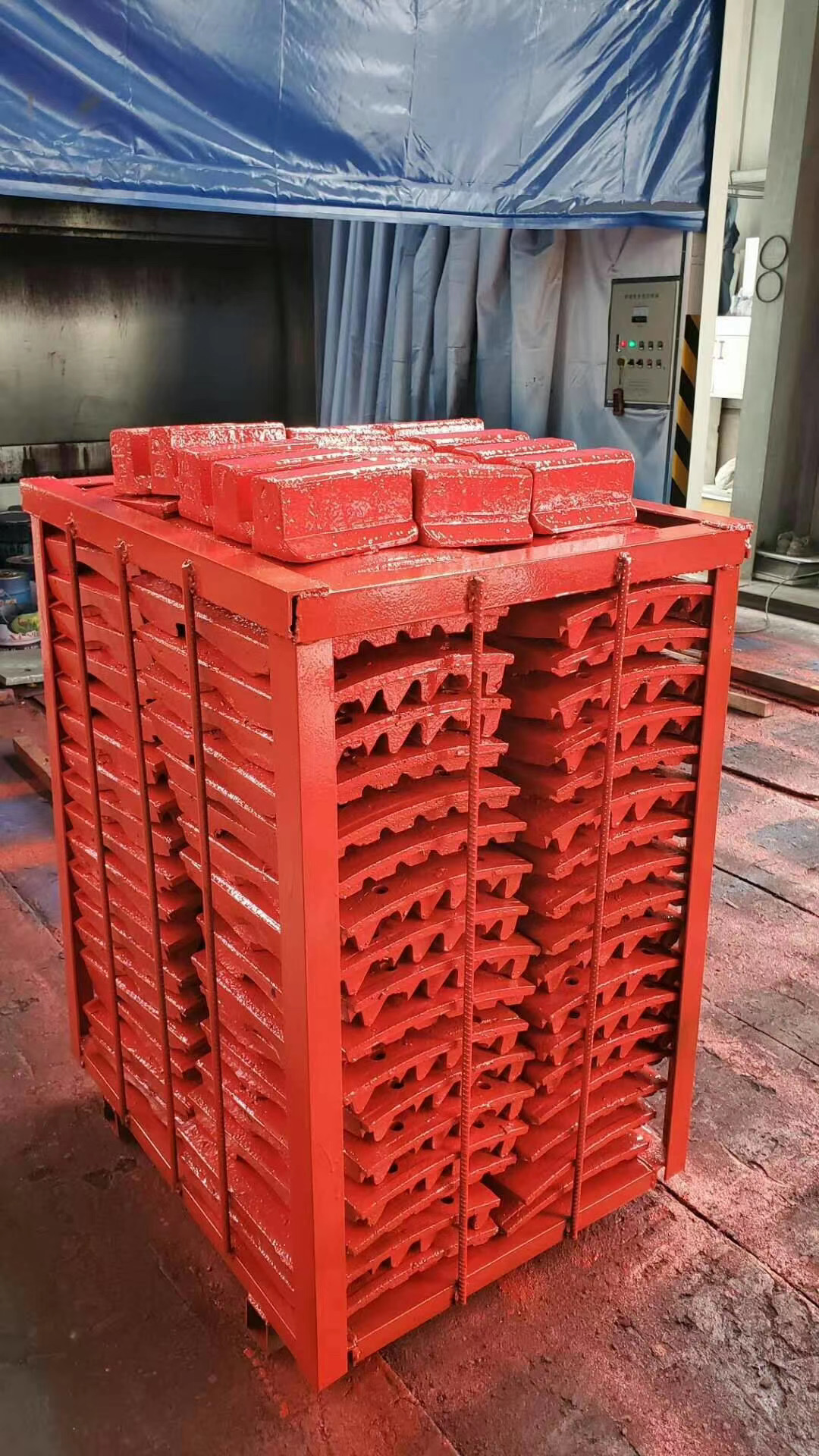




Cast iron plates are essential components in modern industrial manufacturing, offering a unique combination of durability, thermal stability, and cost-effectiveness. As a critical material in engineering, cast iron is an alloy primarily composed of iron, carbon, and silicon, with a carbon content exceeding 2.11%—typically ranging from 2.5% to 4%. This composition gives cast iron its distinct mechanical properties, making it suitable for a wide range of applications, from heavy machinery components to intricate valve systems. Learn more about cast iron plates.

Cast iron can be categorized based on the form and morphology of carbon within the alloy. These classifications determine the material's mechanical properties and suitability for specific applications:
According to the National Institute of Standards and Technology (NIST), "cast iron's unique properties make it a cornerstone of industrial manufacturing, with its composition and processing techniques critical to achieving desired performance characteristics."
Hebei Mingda International Trading Company specializes in precision-engineered cast iron plates, offering a range of options tailored to diverse industrial needs. Below is a detailed specification table for their cast iron products:
| Parameter | Details |
|---|---|
| Material Composition | Iron, Carbon (2.5–4%), Silicon, Manganese, Sulfur, Phosphorus |
| Carbon Content | 2.5%–4% |
| Hardness | Varies by type (e.g., 150–250 HB for gray cast iron) |
| Thermal Conductivity | 40–60 W/m·K (depending on graphite structure) |
| Applications | Valves, hydrants, pumps, railway components, and machinery parts |
Hebei Mingda's cast iron plates are produced using advanced techniques such as lost foam casting and resin sand molding, ensuring tight tolerances and consistent quality. The company also offers secondary processing, including surface grinding and CNC machining, to meet customer-specific requirements.
Cast iron plates are indispensable in various industries due to their versatility and performance. Key applications include:
As noted by NIST, "the precise control of cast iron's microstructure is vital for optimizing its performance in high-stress environments."
With over 16 years of experience in the casting and machining industry, Hebei Mingda International Trading Company has established itself as a leader in precision engineering. The company specializes in producing ductile iron sand castings, lost foam castings, and machined components for both domestic and international markets. Their services include:
Hebei Mingda's commitment to innovation is evident in its use of vacuum molding and lost-wax casting to achieve intricate designs and tight tolerances. The company's expertise in producing China blind plates and China flange plates has made it a preferred partner for manufacturers worldwide.
Visit Hebei Mingda's website to explore their full range of products and services.Hebei Mingda's reputation as a reliable supplier is built on several key advantages:
Hebei Mingda's dedication to excellence is reflected in its continuous improvement of production techniques and adherence to international standards. This commitment ensures that their cast iron plates meet the highest expectations for performance and reliability.
Cast iron plates remain a cornerstone of industrial manufacturing, combining strength, durability, and adaptability. As industries evolve, the demand for precision-engineered components continues to grow, and companies like Hebei Mingda are at the forefront of this innovation. With advanced casting techniques, a focus on quality, and a deep understanding of material science, Hebei Mingda is well-positioned to meet the challenges of modern engineering.
For more information about cast iron plates or to explore Hebei Mingda's offerings, visit their product page or contact their team directly.
National Institute of Standards and Technology (NIST). "Cast Iron Properties and Applications." Retrieved from https://www.nist.gov/.